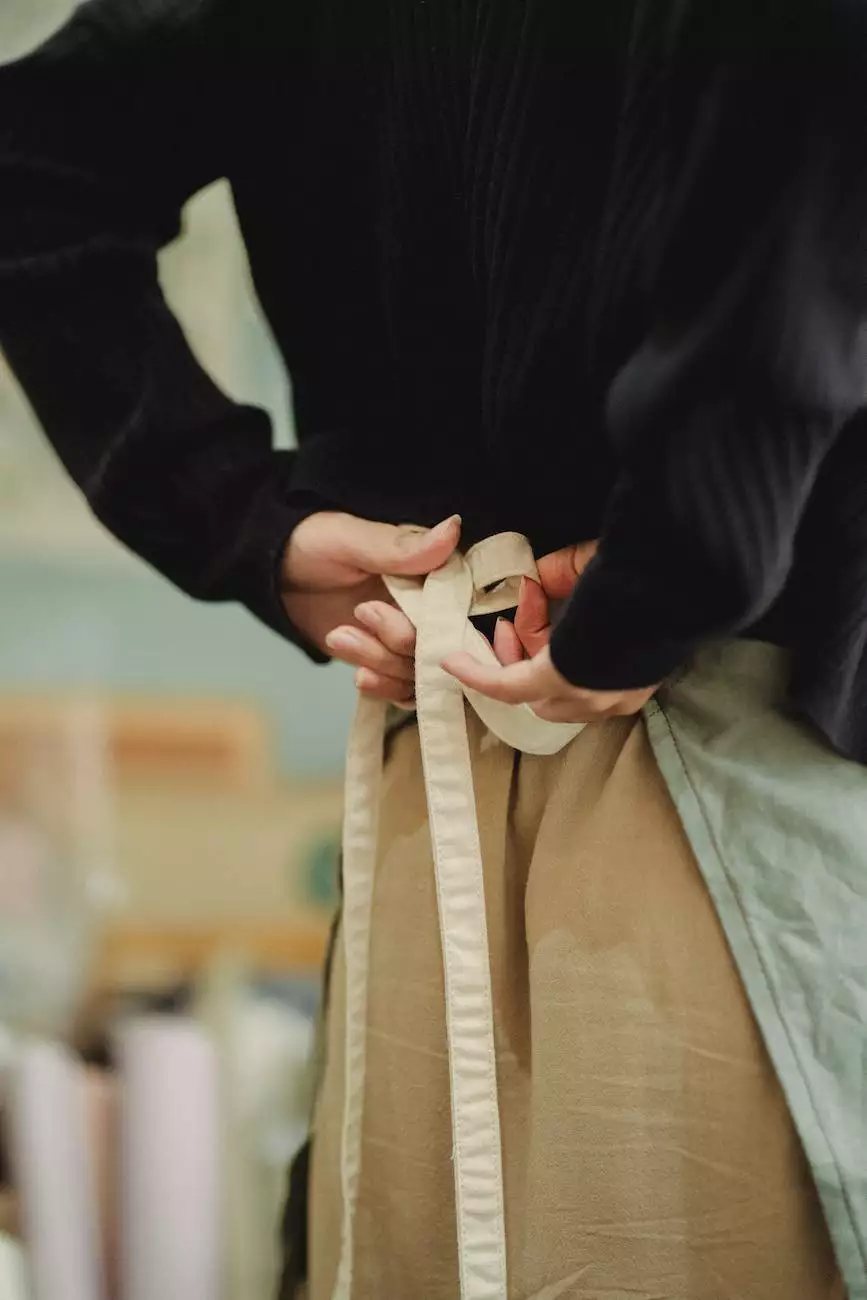Gardening when you're not yet in shape
Blog
Welcome to Reflection Living's guide on gardening when you're not yet in shape. Many people are hesitant to start gardening due to physical limitations, but with the right approach, gardening can be enjoyed by everyone. In this comprehensive guide, we will provide you with useful tips and advice to help you get started and enjoy gardening to the fullest.
The Benefits of Gardening
Gardening offers numerous benefits for both physical and mental well-being. It is a great way to stay active and improve your fitness level. The physical activities involved in gardening, such as digging, planting, and weeding, help to strengthen muscles, improve flexibility, and increase endurance. Regular gardening can assist in weight management and contribute to an overall healthier lifestyle.
In addition to the physical benefits, gardening has been proven to promote mental well-being and reduce stress levels. Spending time outdoors, connecting with nature, and nurturing plants can have a calming effect, helping to alleviate anxiety and improve mood. Gardening also provides a sense of accomplishment and satisfaction as you witness your plants grow and thrive.
Preparing Your Garden
Before starting your gardening journey, it's essential to prepare your garden properly. Begin by evaluating your available space and sunlight exposure. Identify areas that receive ample sunlight to ensure the successful growth of your plants. Clear any unwanted debris or weeds to create a clean and organized gardening space.
Choosing the Right Plants
When selecting plants for your garden, opt for varieties that are low-maintenance and well-suited to your local climate. Consider plants that have less demanding care requirements, such as perennial flowers, herbs, or vegetables. These plants tend to be more forgiving and will be easier to manage, especially for beginners or those not yet in the best shape.
It's essential to choose plants that you have a genuine interest in nurturing and watching grow. Choose plants that align with your personal preferences and gardening goals. Research the specific care needs of each plant and ensure they are compatible with your available time and physical abilities.
Gardening Tools and Equipment
Investing in the right gardening tools and equipment can make a significant difference in your gardening experience. Consider ergonomic tools that are designed to minimize strain on your body, such as lightweight shovels, rakes, and pruners with comfortable handles. These tools are specifically designed to reduce the risk of injury and fatigue, allowing you to enjoy gardening without putting excessive strain on your body.
Using raised garden beds or container gardening can also be beneficial, especially for those who may have difficulty bending or kneeling for extended periods. These gardening methods allow you to bring the plants to a suitable height, reducing strain on your back and joints.
Gardening Techniques for Beginners
Starting small and gradually expanding your gardening space is an excellent approach for beginners and those not yet in shape. Begin with a small area or even a few potted plants to familiarize yourself with the basic gardening tasks and develop your gardening skills. As you gain confidence and build your strength, you can gradually increase the size of your garden.
Consider using mulch to control weed growth and retain moisture in the soil. Mulching also helps to regulate soil temperature, protecting the plants' roots, and reducing the need for frequent watering.
Tips for Safe Gardening
It's important to prioritize safety while gardening, especially if you're not yet in shape. Make sure to warm up and stretch before starting any physically demanding tasks. Take frequent breaks and listen to your body, avoiding overexertion.
Wearing appropriate protective clothing, such as gloves, a hat, and sturdy shoes, can help prevent injuries and protect your skin from the sun. Stay hydrated by drinking water regularly, especially during hot weather.
Maintaining Your Garden
Maintaining your garden is crucial to ensure it thrives and continues to bring you joy. Regular watering, fertilizing, and weeding are essential tasks that will help your plants grow strong and healthy. Set aside dedicated time each week to tend to your garden, making it a part of your routine.
Observing your garden regularly allows you to identify and address any potential problems early on. Keep an eye out for pests, diseases, or nutrient deficiencies, and take necessary measures to prevent or treat these issues. Your local gardening center can provide guidance on pest control and disease prevention methods.
Conclusion
Starting a garden when you're not yet in shape should not deter you from enjoying this wonderful hobby. With the right mindset, planning, and approach, gardening can be a fulfilling and rewarding experience for people of all fitness levels. Reflection Living is here to support and guide you throughout your gardening journey, providing you with expert advice, informative resources, and a vibrant community to connect with. So, why wait? Start your garden today and witness the magic of nature unfold before your eyes!










